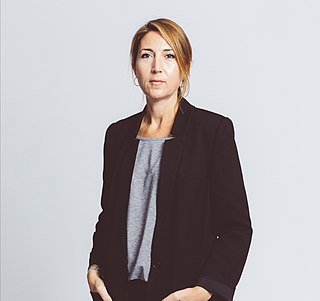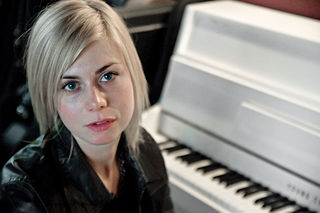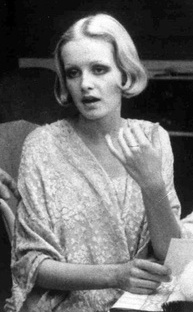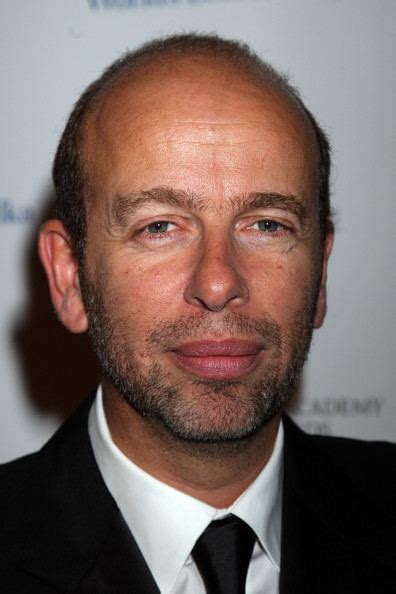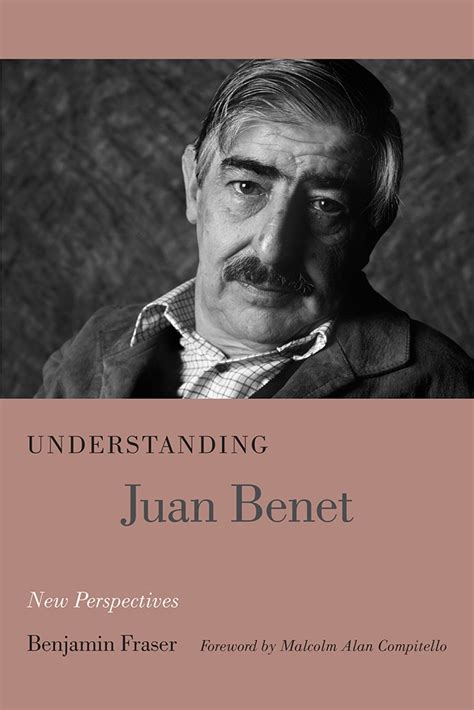A Quote by Seth Lloyd
The amount of information that can be stored by the ultimate laptop, 10 to the 31st bits, is much higher than the 10 to the 10th bits stored on current laptops.
Related Quotes
I work in bits and pieces. When I'm touring it's difficult. After touring, when I have space and time, it's a process, something I've been doing since I was 10 or 11 years old. I collect lyrics, melodies, bits and pieces, and finally it all comes together. It's hard to say - I've been trying to figure out how the process works.
The hardest bits of my book to read were the easiest bits to write because they were the most immediate. Probably because I had never stopped thinking about them on some level. Those bits I was just channelling and those were the most exciting writing days. The bits I found harder were the bits that happen in between, you know, the rest of living. There were whole years, whole houses, that I just got rid of.
Every day, I absorb countless data bits through emails, phone calls, and articles; process the data; and transmit back new bits through more emails, phone calls, and articles. I don't really know where I fit into the great scheme of things and how my bits of data connect with the bits produced by billions of other humans and computers.
I hope nobody is seriously suggesting that we get our morals from scripture because if we did we'd be stoning people for working on the Sabbath or switching on a light on the Sabbath. So the point is that you can find good bits of the Bible but you have to cherry-pick, you have reject the nasty bits and pick the nice bits.


